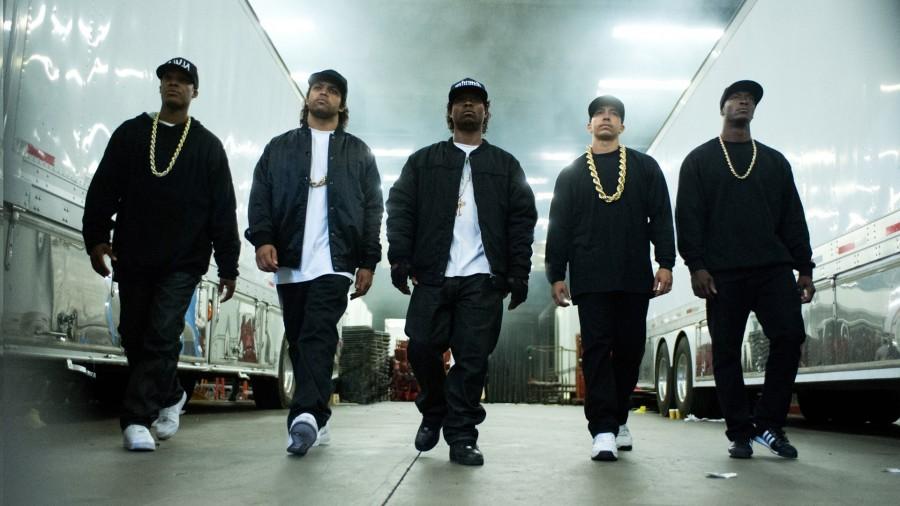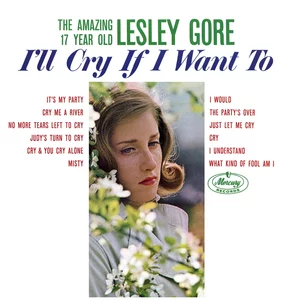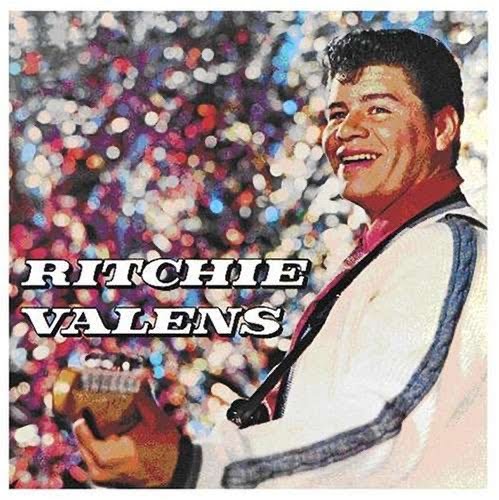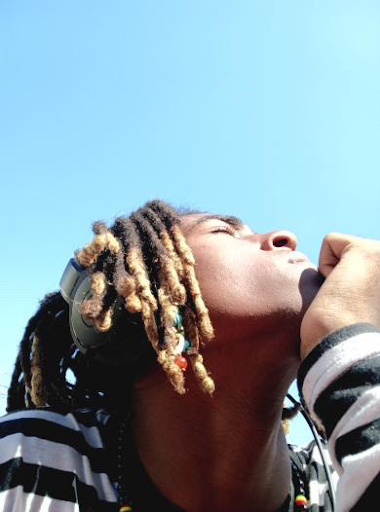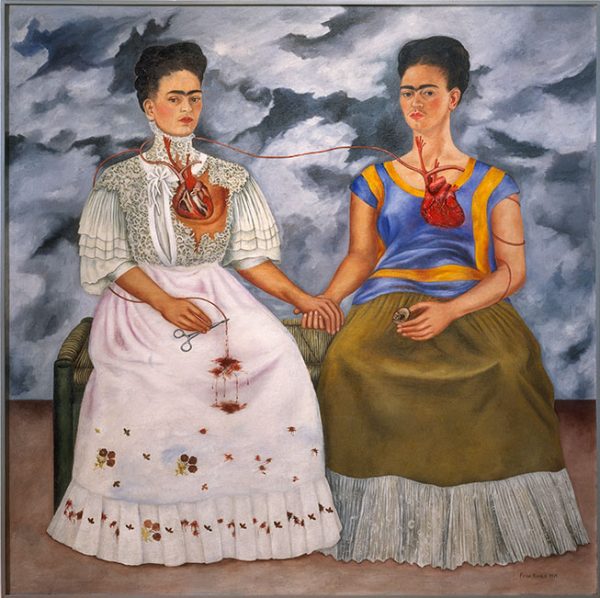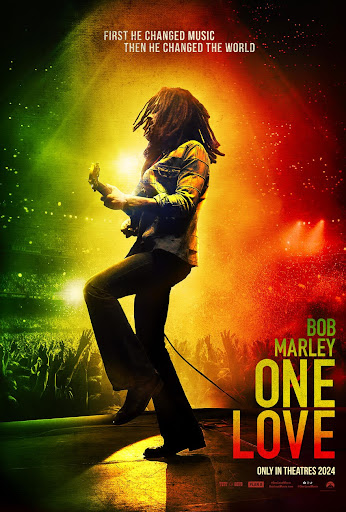N.W.A. takes over summer box office with Straight Outta Compton
The strength of street knowledge muscles its way to the top of the charts
Straight Outta Compton has gone straight to the top of the box office charts. The N.W.A. biopic made $60.2 million dollars in its opening weekend, and after watching it, it’s clear to see why.
One thing about Straight Outta Compton that stands out is the casting and the acting. The directors and producers chose lesser known actors and actresses on purpose, so that the audience would truly see the performers as those they were trying to portray. They didn’t want the audience focused on Denzel’s jaw or Michael Ealy’s eyes. They wanted Corey Hawkins to be seen only as Dr. Dre, and O’shea Jackson Jr. to be seen only as his father, Ice Cube.
This approach was wildly successful. The casting was spot on as almost every actor looked like a younger carbon copy of the person they were acting as. Not only that, but the acting was phenomenal. The actors were able to portray the highs and the lows of the wild ride that took N.W.A. from impoverished Compton, California to one of the greatest hip-hop acts of all-time.
It felt like watching lost footage of Dr. Dre leaving home to pursue a career producing music. It felt like watching Eazy-E learn how to rap. The audience feels like they are a fly on the wall as Jerry Heller struggles to find someone to sign N.W.A., or as Ice Cube smashes plaques with a baseball bat at Priority Records. Even minor characters, such as Tupac, were cast perfectly.
It was this attention to detail that made Straight Outta Compton such a successful film. Everything from the wardrobe to the dialogue was accurate. Ice Cube and Dr. Dre did an outstanding job as producers for the film. Such a great retelling of the N.W.A. story could only come from two former members of the group.
Another great thing about the film was that it was told from N.W.A.’s point of view. What I mean by that is how Jerry Heller, Suge Knight and the police were portrayed as villains. It was N.W.A. against the world for a while. Rap was relatively new in the late 80s, and club owners preferred smooth R&B over the harsh and violent imagery in gangsta rap. Organizations from the media to local police to the FBI disagreed with the content of N.W.A.’s music. Whether the genre of rap wields a positive or negative influence is still being debated today.
N.W.A. wasn’t advocating for violence, instead, they were telling a side of the story that people to this day either fail or refuse to understand.
The portrayal of police brutality was very timely, as America is still dealing with the aftermath of multiple high-profile police shootings of unarmed young black men and women. It was as if right now was the perfect time to reintroduce N.W.A. to today’s generation.
There was plenty of comic relief in Straight Outta Compton to balance the brutal realities of life in Compton. Eazy-E was a fan favorite, a drug dealer turned rapper with a charismatic personality and great comedic timing. DJ Yella was also one of the funnier characters, a ladies man who can tell the zodiac sign of a girl by looking into her eyes.
One problem with the movie is the scene where Dr. Dre is speeding through Los Angeles while being chased by police, eventually being arrested. The purpose of the scene was to show how angry Dr. Dre was, but it felt distracting and unnecessary. Nothing happened or was changed as a result of Dr. Dre’s arrest and the movie wouldn’t be any different if that scene was changed or taken out all together.
Also, ending the film with Dr. Dre leaving Suge Knight to start Aftermath Records wasn’t the best way to end it. It would be best if the film ended with Eazy-E’s death and the remaining N.W.A. members coming together in remembrance of him. Ending it with the beginning of Aftermath makes the movie feel unfinished.
One thing that was left out of the film was Dr. Dre’s violent behavior towards women, so the biopic could have been more honest at times.
The scenes that play during the end credits make up for the ending. The scenes show what the other group members, mainly Ice Cube and Dr. Dre, have been doing since the end of N.W.A. Through news footage and movie clips, the audience sees Ice Cube pursue an acting career with Boyz n’ the Hood, Friday and Ride Along, and Dr. Dre goes on to continue making music while profiting off of Beats headphones. Having something related to Dr. Dre and Aftermath Records would be better suited for the end credit scenes, not the very end of the movie.
Overall, the movie was a near perfect retelling, and it is no surprise that it recently became the highest grossing music biopic of all time. The superb acting and casting really stood out, and the comedic relief made the film very enjoyable for the audience, working well with the more serious moments.
Small details made for a very accurate film that is in no small part because of Ice Cube and Dr. Dre’s involvement in production. The movie does an excellent job of showing N.W.A.’s rise to the top in what is the best movie of the summer. Rating: 9/10

Daniel Yenegeta is a senior and Entertainment Editor for The A-Blast. He joined the staff his sophomore year as a staff writer, and he was Sports X-tra...



